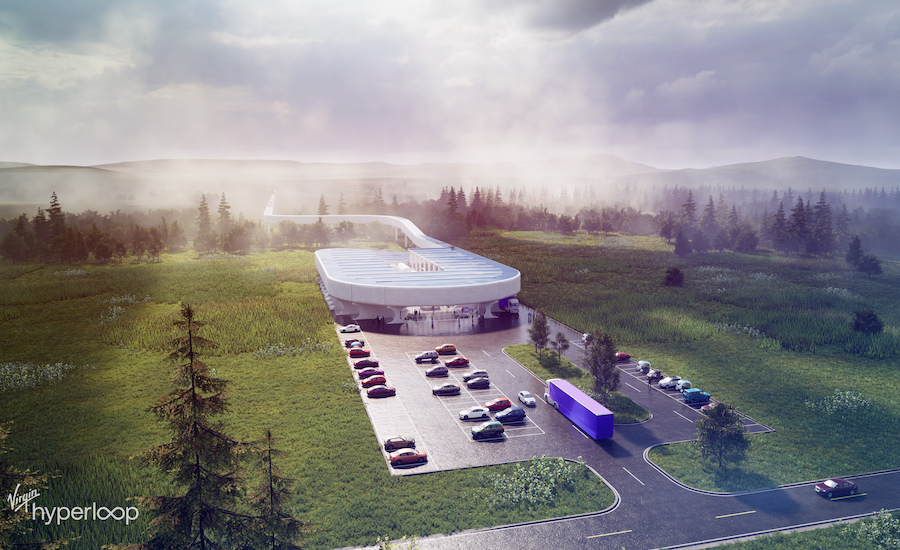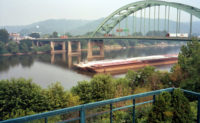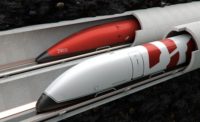Virgin Hyperloop has chosen an 800-acre former coal mine site in West Virginia as the site for its new $500-million certification center and test track. The location is in Grant and Tucker counties, adjacent to the Maryland border.
The facility will be the first U.S. regulatory proving ground for the high-speed travel system. According to a Virgin Hyperloop spokesperson, the certification center and its six-mile track will be set up to test a variety of scenarios for passenger comfort, egress points, switching capabilities with multiple pods and controls.
In addition, federal regulators will use the facility to establish hyperloop regulatory and safety standards, building upon regulatory framework guidance issued in July by the U.S. Dept. of Transportation. The guidance also established the technology’s eligibility for federal funding.
Although Virgin Hyperloop has not released details of the certification center’s size or specific functions it will house, the company’s schedule calls for construction to begin in 2021, with safety certification to be achieved three years later. Commercial operations will get underway by 2030.
Los Angeles-based Virgin Hyperloop has successfully completed a full-scale test of its technology at the company’s technology research and development site in Nevada sending test pods through a 1,640-ft long tube using electric propulsion and electromagnetic levitation under near-vacuum conditions.
Backed by billionaire Richard Branson and DP World, a United Arab Emirates-based shipping company, Virgin Hyperloop is among several companies worldwide vying to capitalize on interest in alternative high-speed transportation technology. The company recently teamed with Black and Veatch to assess the feasibility of a possible route connecting St. Louis, Columbia and Kansas City, Mo. Other U.S. hyperloop routes are under study for connecting major cities in the Northeast Corridor and Great Lakes region.
Virgin Hyperloop is also exploring hyperloop development opportunities in the Middle East. Construction of a system connecting Mumbai and Pune, scheduled to begin this year, has been delayed by the coronavirus pandemic.




Post a comment to this article
Report Abusive Comment